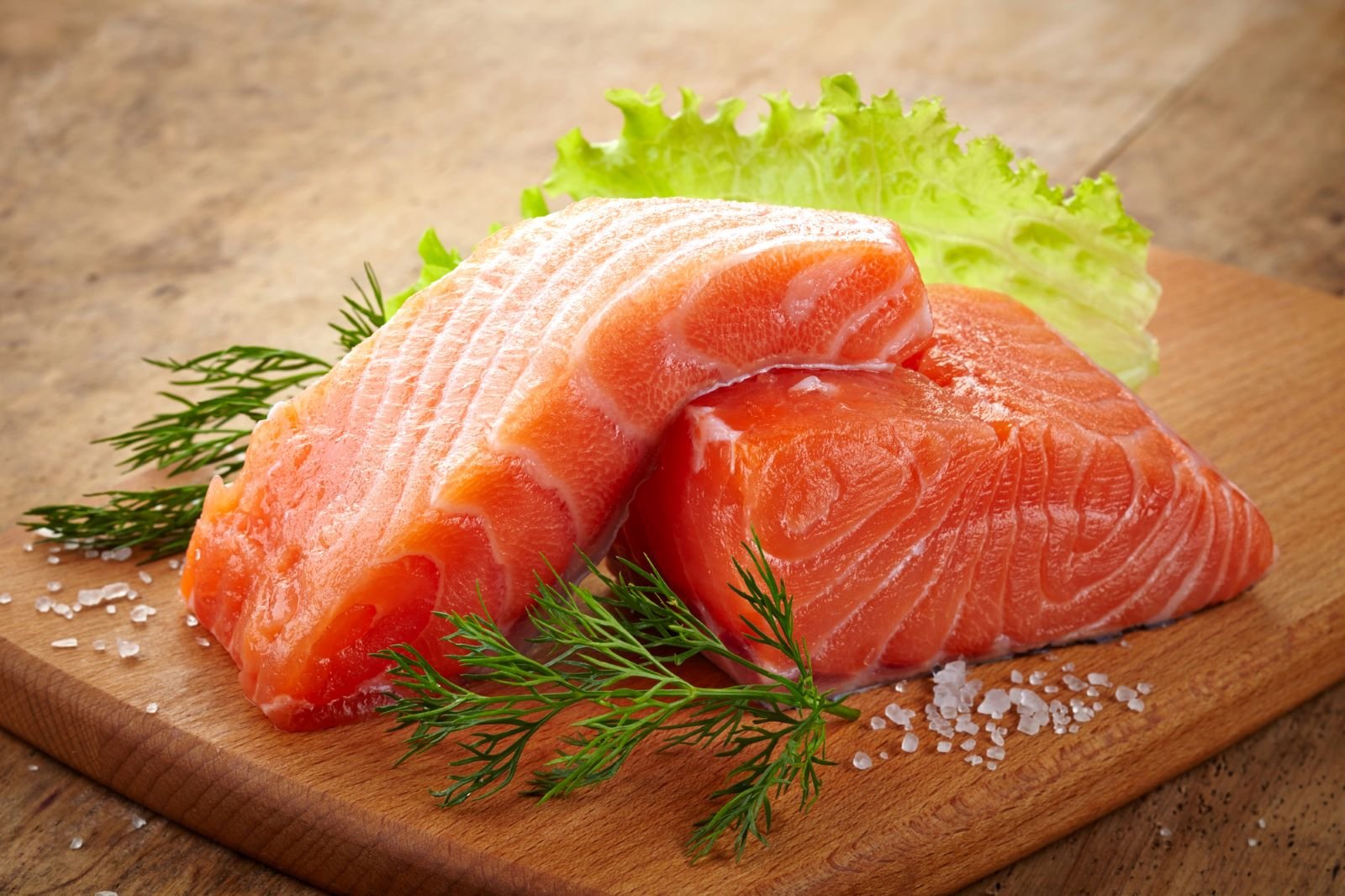When it comes to managing expenses, food is one of the main areas where people often look to cut costs. While it’s possible to save money by buying in bulk or choosing generic brands, there are certain food items where skimping on quality is a false economy.
Below are some of the food items you should never buy on a budget if you want to ensure good health and enjoyment from your meals.
Meat and Poultry

High-quality meat and poultry are essential for both flavor and health. Cheaper cuts often come from animals raised in poor conditions, with questionable feed and a higher likelihood of antibiotics and hormones. This not only affects taste but can also impact your health over time.
Budget meats are more likely to be contaminated with bacteria like Salmonella and E. coli. Investing in higher-quality, grass-fed, and organic options can reduce these risks significantly. The difference in taste between a budget steak and a well-marbled, grass-fed one is substantial. For poultry, the texture and flavor are markedly better when you opt for organic, free-range birds.
Seafood

Freshness and sourcing play significant roles in both the safety and flavor of fish and shellfish. Budget seafood options often come from questionable sources and may not be as fresh. Cheaper seafood is often caught or farmed in ways that are not sustainable, harming the environment. Spending a little more on sustainably sourced seafood helps support better practices.
Budget seafood may also contain higher levels of mercury and other toxins, especially in larger fish. Wild-caught fish from reputable sources tend to have lower levels of these contaminants.
Cheese

Real, high-quality cheese is a world away from the processed, budget-friendly alternatives. Authentic cheeses are often made with better ingredients and traditional methods that enhance flavor and texture. Good cheese is also richer in nutrients, including essential fatty acids, vitamins, and minerals. Processed cheese products often contain additives and preservatives that offer little nutritional value.
Spending on artisanal or aged cheeses can transform a dish, providing complex flavors and aromas that are simply not present in budget versions.
Olive Oil

Olive oil is a staple in many kitchens, but not all olive oils are created equal. Cheaper versions are often cut with lower-quality oils or even chemically refined, which can compromise both flavor and health benefits. Extra-virgin olive oil, though pricier, retains more antioxidants and healthy fats that contribute to heart health and overall well-being. Budget oils may not offer these same benefits.
The flavor of true extra-virgin olive oil is superior and can significantly improve dressings, marinades, and even simple dishes like pasta or roasted vegetables.
Honey

Honey is one of the most commonly adulterated foods. Budget honey is often mixed with cheaper sweeteners like high-fructose corn syrup, which not only affects taste but also diminishes its health benefits.
Raw, organic honey contains enzymes, antioxidants, and minerals that are beneficial to health. These are often lost in processed, budget-friendly honey. The taste of real, high-quality honey is more complex and nuanced, offering unique flavors depending on the flowers the bees visit.
Coffee

Cheap coffee often comes from low-quality beans that are poorly processed. If the beans are treated with pesticides, this can result in a bitter, flat taste and potentially harmful chemicals. Higher-quality coffee is usually more ethically sourced, supporting fair trade practices that benefit farmers and communities.
Investing in good coffee beans provides a richer, more satisfying cup. The nuances in flavor from well-grown and properly roasted beans are worth the extra cost.
Chocolate

Budget chocolate typically contains less cocoa and more sugar and additives. High-quality chocolate, with a higher cocoa content, not only tastes better but also offers more health benefits.
Ethical considerations are also important. Premium chocolates are often produced under better labor conditions and use sustainably sourced cocoa. The depth of flavor in a good-quality chocolate bar is far superior to that of a budget one, making it a much more enjoyable indulgence.
Bread

Bread is a staple in many diets, but cheaper options often use inferior ingredients, including bleached flour and artificial preservatives. This can impact both taste and health. Artisanal or whole-grain bread provides better nutrition, including more fiber and essential nutrients. They also tend to be free from artificial additives.
Good bread has a distinct texture and flavor that is far superior to its budget counterparts, enhancing everything from sandwiches to morning toast.
Eggs

Budget eggs often come from caged hens living in poor conditions. Free-range or organic eggs, though more expensive, come from hens that have better living conditions, which can affect the quality of the eggs.
Higher-quality eggs typically have better nutritional profiles, including higher levels of omega-3 fatty acids and vitamins. The flavor and color of free-range or organic eggs are noticeably better, with richer yolks and great taste.
Spices

Cheap spices are often cut with fillers and have less potent flavors. Investing in high-quality spices ensures that you get pure, potent seasonings that enhance your cooking.
Pure spices retain their natural oils and compounds that can have health benefits, unlike budget versions that may lose these properties during processing. Good spices can transform a dish, bringing depth and complexity that budget spices can’t match.
Vinegar

Vinegar is a key ingredient in many recipes, and the quality can vary widely. High-quality vinegars, such as balsamic or apple cider vinegar, offer more complex flavors and health benefits.
Authentic vinegars often retain the beneficial properties of the original fruit, offering antioxidants and probiotics that are lost in cheaper, mass-produced versions. Using good vinegar can elevate a simple salad or dish, adding a gourmet touch that budget versions can’t provide.
Butter

Budget butter often contains added water and artificial ingredients to cut costs. High-quality butter is made from pure cream, sometimes with a touch of salt.
Good butter is richer in flavor and has a better nutritional profile, including higher levels of beneficial fats and vitamins. The difference is noticeable when baking or cooking. High-quality butter provides better texture and flavor in pastries and dishes.


